
10 Must Know Facts About G20 Summit

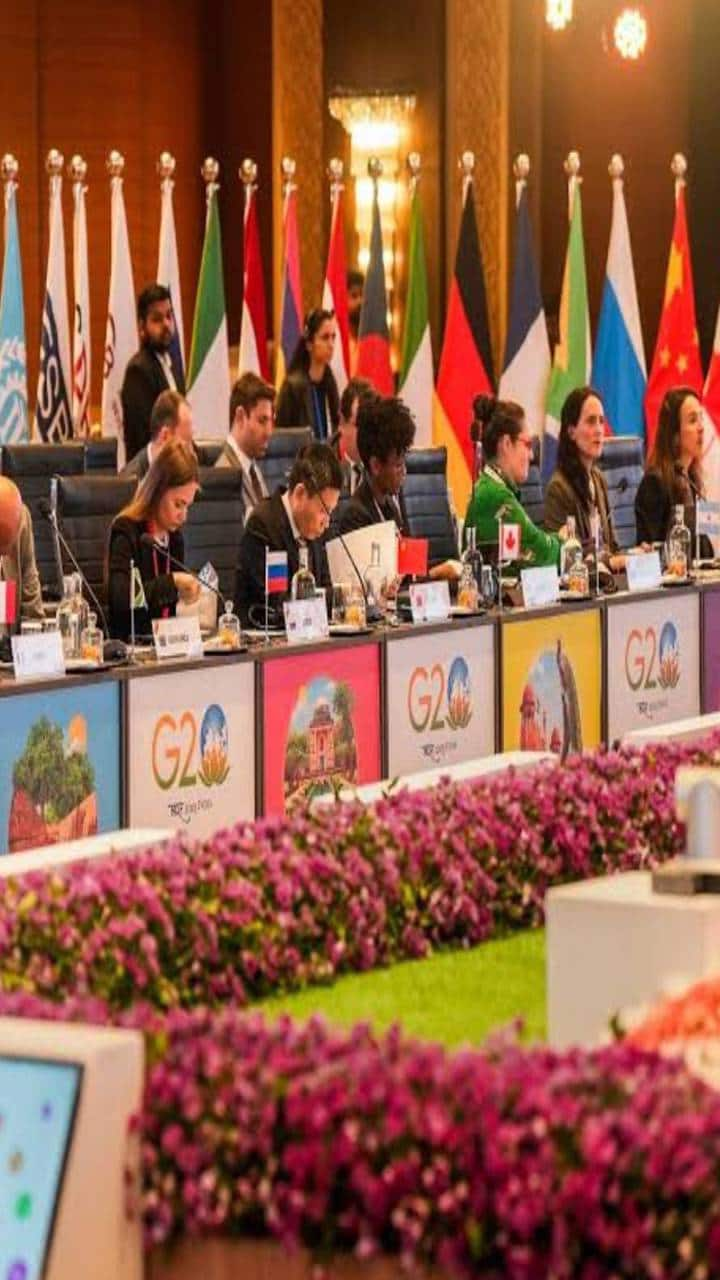
1. Formation:
The G20 was established in 1999 in response to the financial crises of the late 1990s. It held its first official summit in 2008 during the global financial crisis.
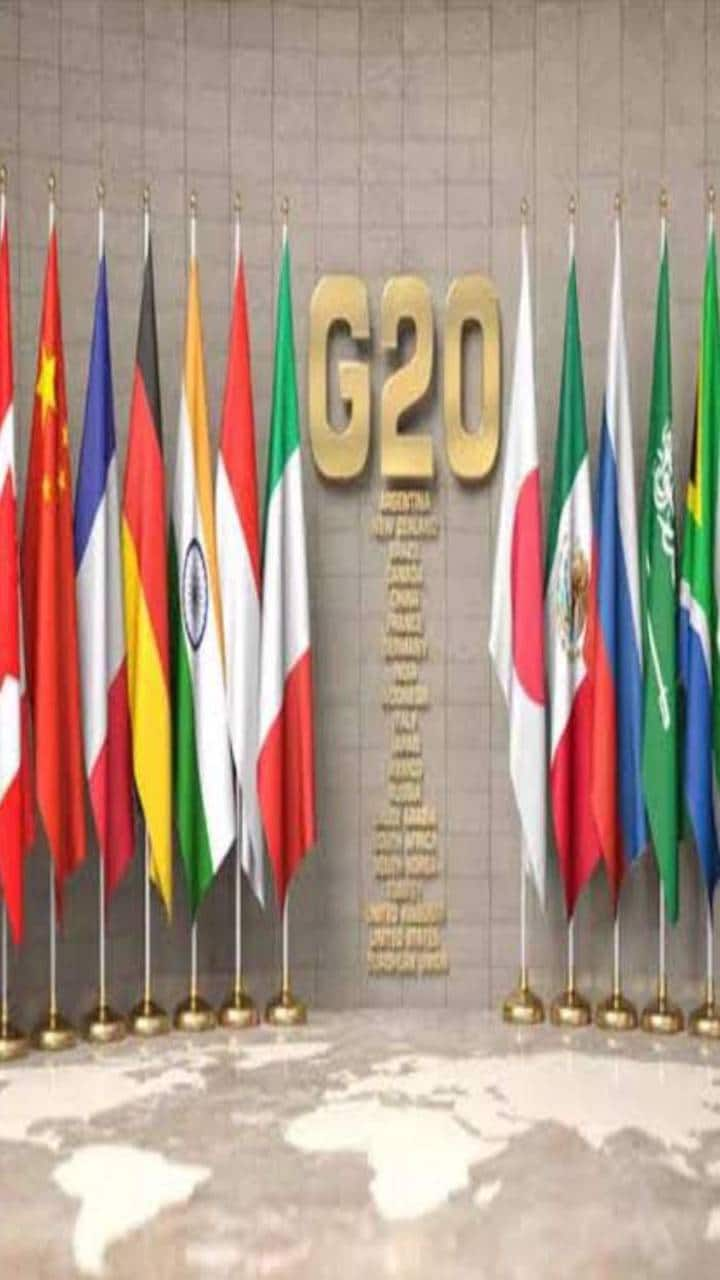
2. Member Countries:
The G20 includes 19 individual countries: Argentina, Australia, Brazil, Canada, China, France, Germany, India, Indonesia, Italy, Japan, Mexico, Russia, Saudi Arabia, South Africa, South Korea, Turkey, the United Kingdom, and the United States. The European Union is also represented.
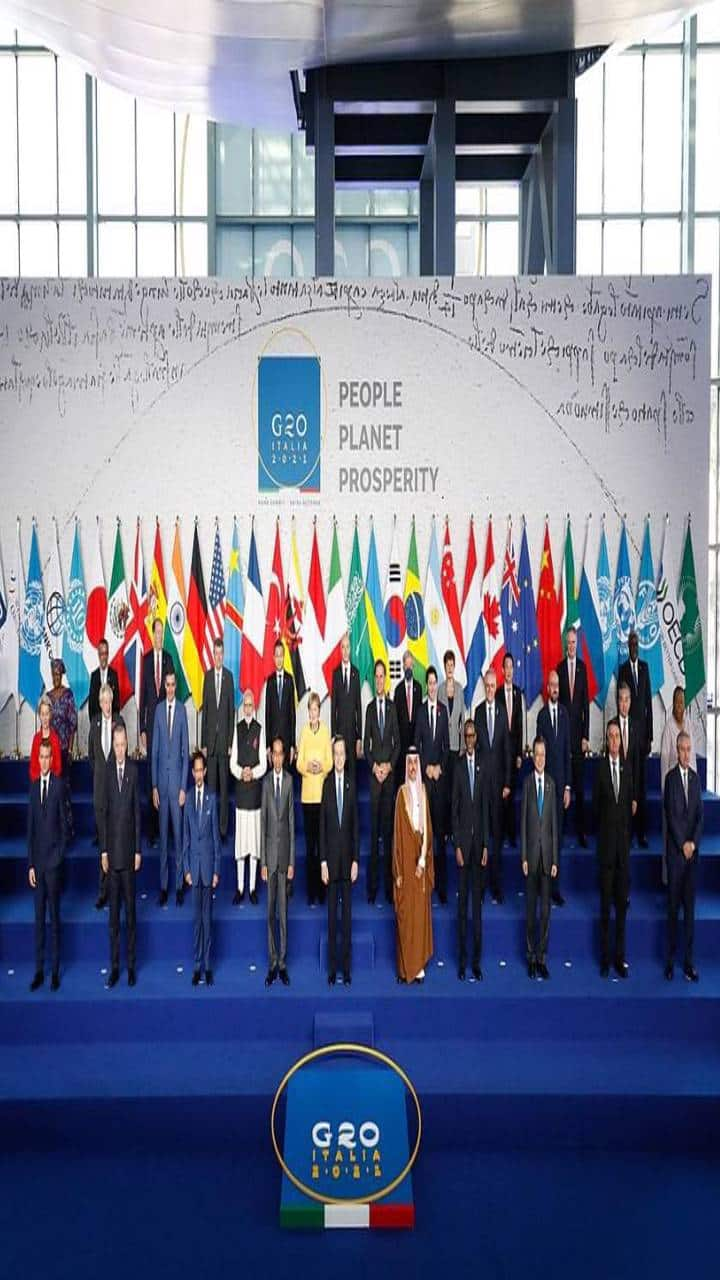
3. Economic Powerhouses:
The G20 member countries collectively represent over 80% of the world's GDP, 75% of international trade, and two-thirds of the global population.
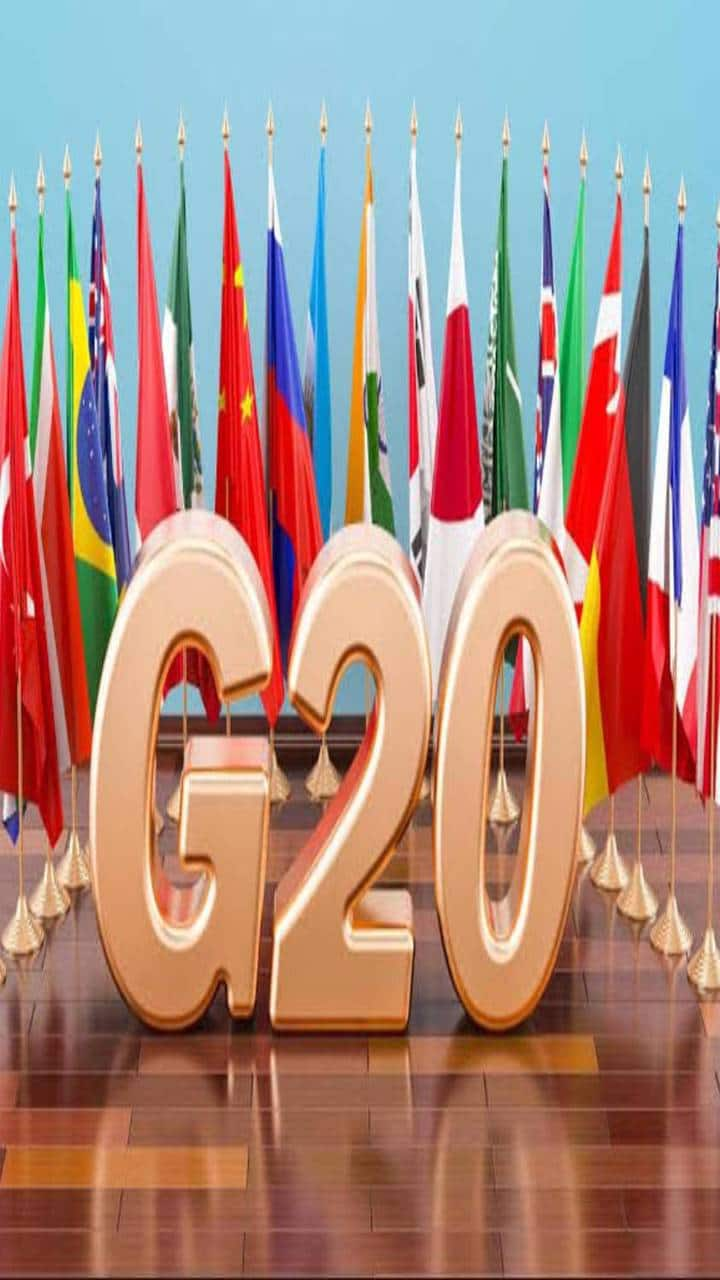
4. Rotating Presidency:
The G20 presidency rotates among member countries on an annual basis. Each presidency is responsible for hosting the G20 Summit and setting the agenda for the year.
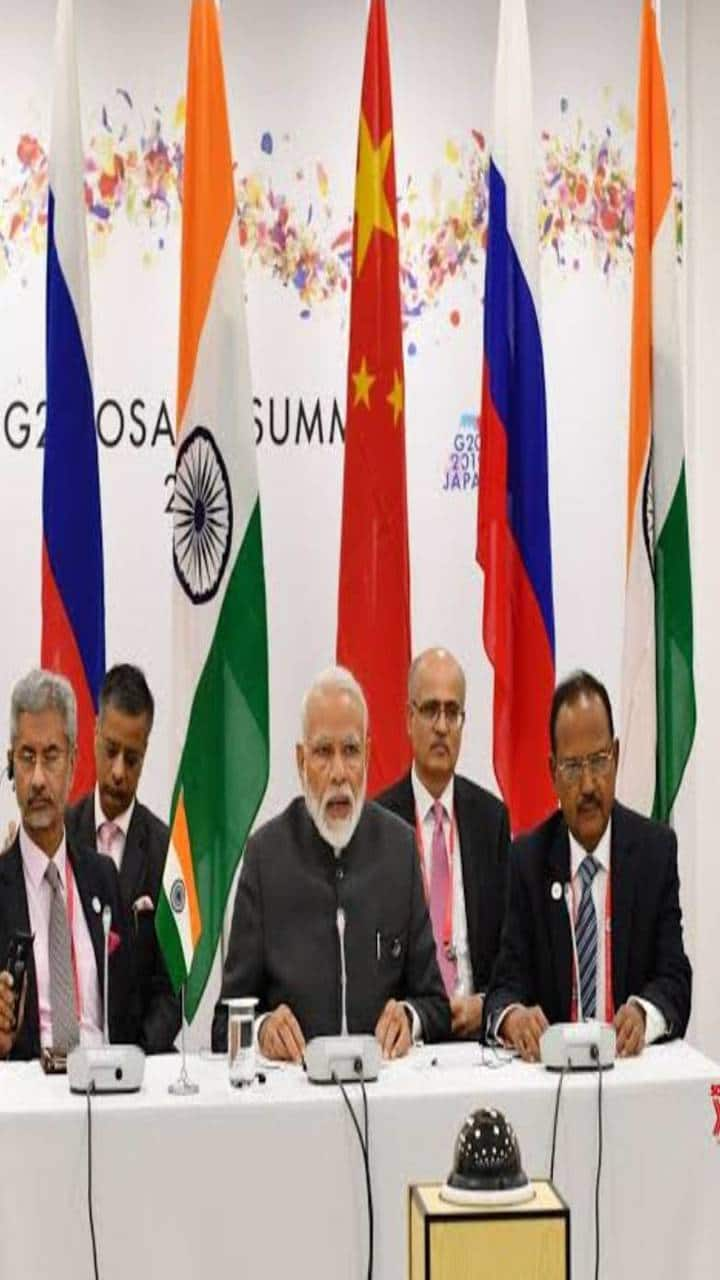
5. Agenda:
The G20 Summit covers a wide range of global economic and financial issues, including economic growth, trade, finance, climate change, development, and sustainable development goals.
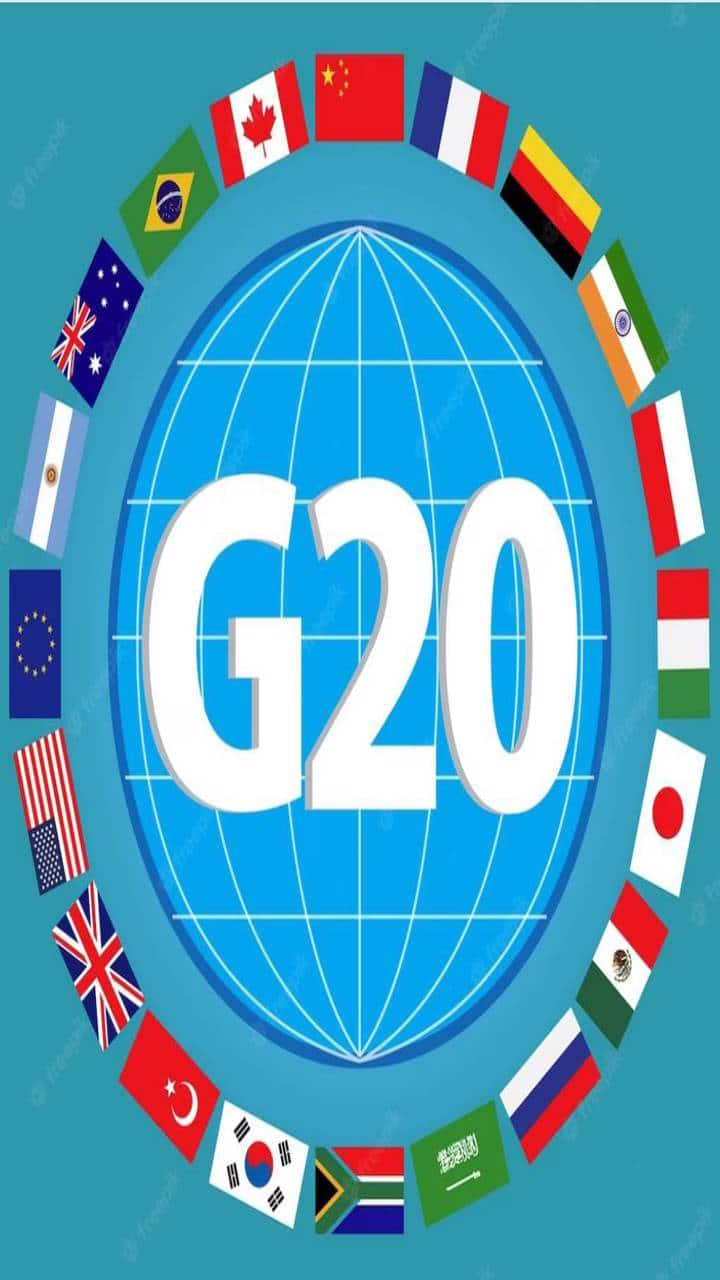
6. Leaders' Summit:
The G20 Leaders' Summit is the most high-profile event and brings together heads of state and government from member countries. It typically occurs annually.

7. Dialogue and Cooperation:
The G20 provides a platform for member countries to engage in dialogue and cooperation on pressing global issues. It aims to promote international economic stability and growth.
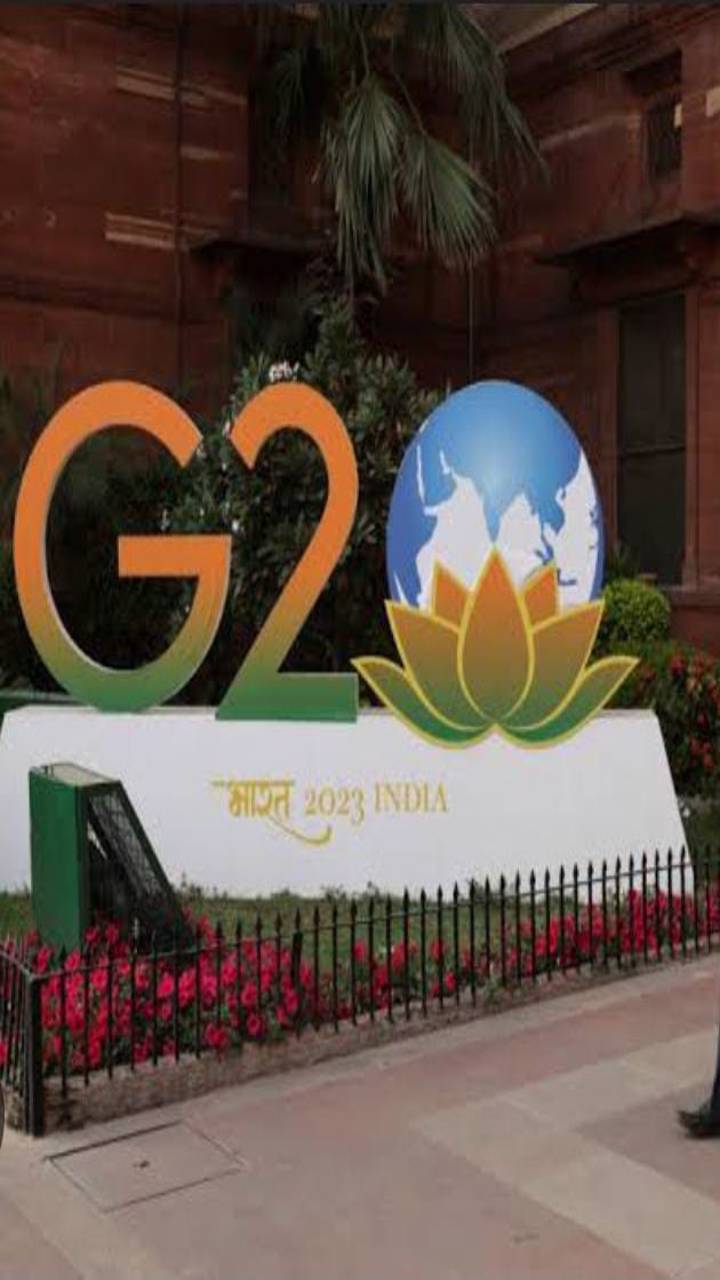
8. Working Groups:
Various working groups and committees within the G20 focus on specific policy areas, such as finance, trade, and sustainable development. They prepare recommendations and reports for leaders.
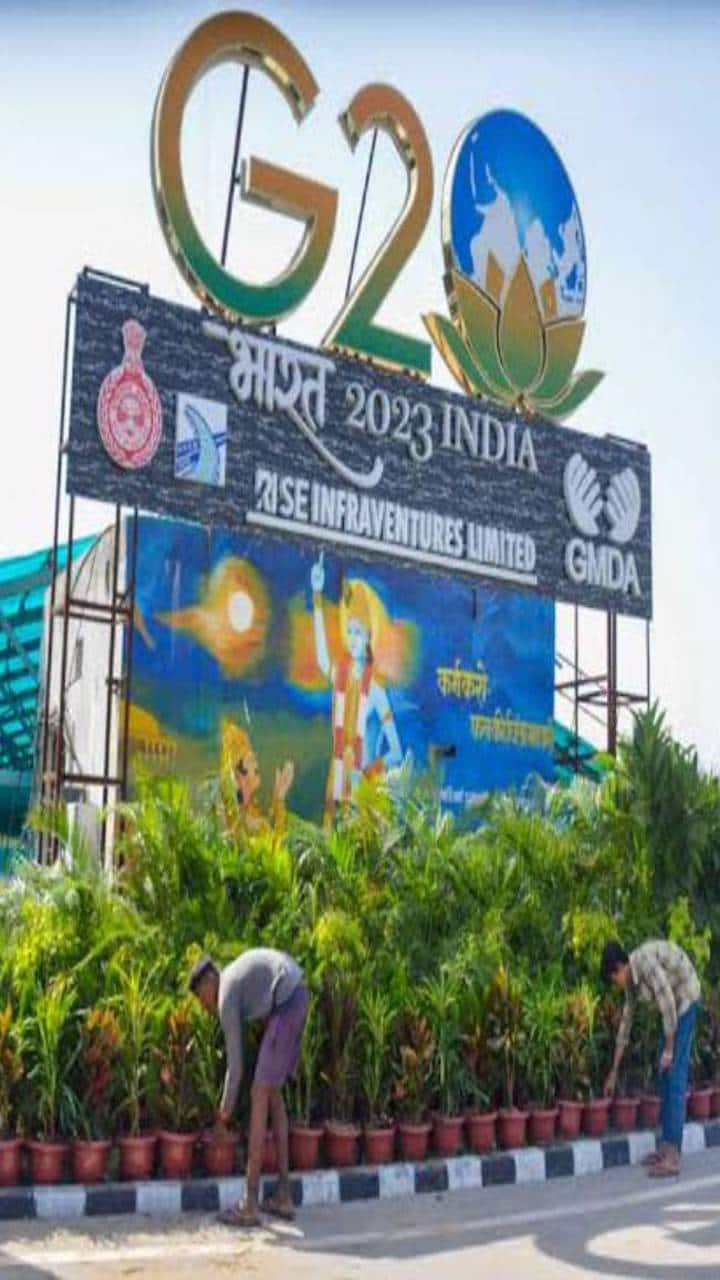
9. Civil Society Engagement:
In addition to government representatives, the G20 includes engagement groups for civil society, business, labor, and youth, allowing for broader input and perspectives.
10. Challenges and Criticisms:
The G20 faces challenges in achieving consensus due to the diverse interests of member countries. Critics argue that it lacks inclusivity, transparency, and effectiveness in addressing global issues.
